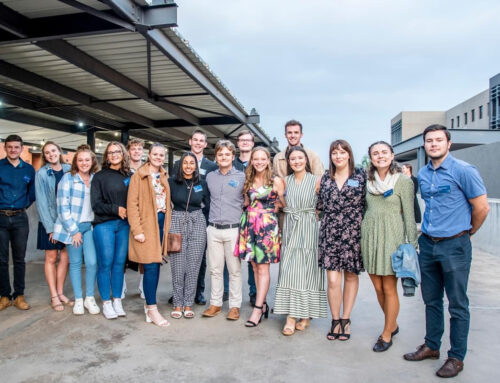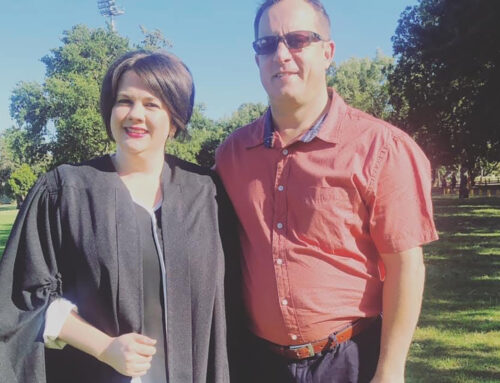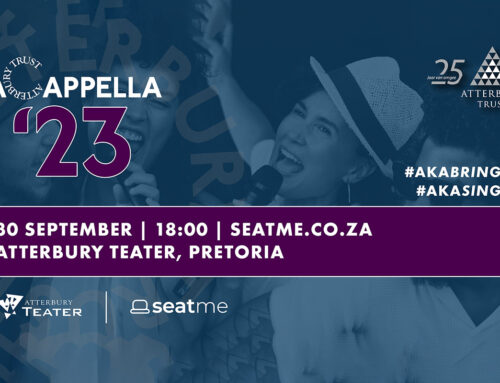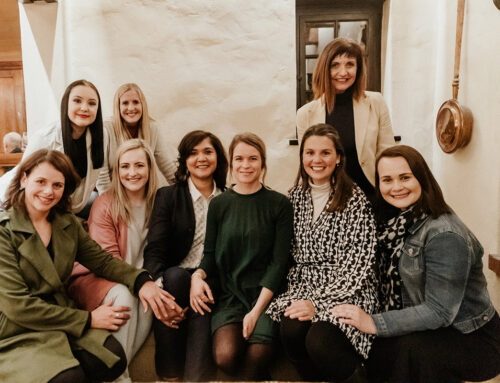Atterbury established the Atterbury Foundation in 2007 as a non-profit organisation whose work rolls out in previously disadvantaged communities where the Atterbury Group’s development initiatives take place, and other areas where needs are identified. For 11 years it has created social upliftment opportunities and now its work is entering a new phase, with ramped up objectives. Zahn Hulme paints a background picture.
What are the similarities and differences between the Atterbury Foundation and the Atterbury Trust?
Both entities invest in education and have a vested interest in helping students to maximise their potential by way of allocating bursaries and mentoring students. Both vehicles work in financially challenged communities, offering assistance such as the Trust does with the Triomf Clinic, and skills development and job creation projects such as the Foundation has done alongside a number of development projects. Both the Trust and the Foundation have a special focus on Afrikaans language initiatives and facilitates projects in previously disadvantaged communities, and areas where needs are identified. With the Foundation, Atterbury has utilised the resources that are applied to big projects to play a meaningful role in the immediate environment, and in the adjacent communities. The Foundation focuses on black candidates and at least 85% of its beneficiaries are black.
Tell us more about of some of the projects that the Foundation has funded?
There has been quite a few, such as the Re-Connect house in Constantia Park that was bought for foster children, two libraries built as part of the Lynnwood Bridge development in Alkantrant and Soshanguve; and also a number of job creation projects in Joburg inner city at the time of the development of Newtown Junction.
We believe one of the Foundation’s projects even won an award?
Yes, the Berg River Skills Development project took place together with the Admiral Island development. Unskilled workers in the building industry were given training in bricklaying, carpentry, electrical and painting skills.
It was awarded as one of the most innovative projects in its category by the SA Property Owners Association.
Will Atterbury’s recently signed empowerment partnership impact the way the Foundation operates in any way? What does this new partnership bring to the party in terms of the work of the Foundation?
Increased focus is placed on awarding more bursaries to students who qualify in terms in of B-BBEE Codes. One of the elements of compliance for organisations in South Africa looking to obtain or maintain a B-BBEE recognition level, is to spend a defined percentage of net profit after tax on skills development and socioeconomic development. This entails specific learning programmes as specified in the learning programme matrix for black people and black people with disabilities, as well as support for community-education facilities, bursaries and scholarships, and community training, as required by the B-BBEE Codes. With our proven track record of successfully managing the Atterbury Trust bursary scheme and exceptional pass rates we aim to be a preferred organisation of choice for donors.
Just like the Trust the Foundation is also dependent on donations, correct? Is there a new target that has been set for the first year? Have specific projects been earmarked? How many study bursaries do you aim to allocate in the first year, for instance?
We aim to allocate at least 10 new bursaries in 2019 through the Atterbury Foundation. We have awarded 34 bursaries to B-BBEE candidates in the past 10 years. A number of these candidates completed their studies and the other students are currently still busy with their studies.
A significant portion of the money that was raised with the sale of the Karoo Suite books will be channelled through the Foundation and be allocated to bursaries for children that hail from the Karoo. We plan to work in conjunction with the WOW office of the University of Stellenbosch which has an existing network of teachers in the Karoo.
Do donors receive any special benefits if they make donations to the Foundation?
The Atterbury Property Foundation NPC is also a public benefit organisation (PBO) registered under section 30 of the Income Tax Act, and donations will qualify for section 18A certificates that entitles them to a tax deduction in addition to the B-BBEE scorecard points achieved.
How do I make a donation, and can I specify what it should be used for?
The Atterbury Property Foundation NPC has a separate bank account and donations can be deposited there. Donors can definitely indicate their requirements, whether it is specific fields of study and projects that they want to allocate their donor funding to.
Banking details for the Atterbury Foundation are as follows:
Atterbury Foundation
Nedbank
Nedbank Business
Account number 1497 193 788

